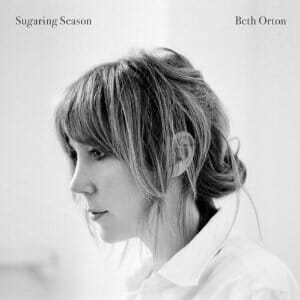Beth Orton: Sugaring Season

Beth Orton’s fans have been waiting for years for a record like Sugaring Season that makes good on the promise of her early recordings. It’s hard to believe that it was over a decade and a half ago that Orton first attracted widespread attention in her native England by singing on a William Orbit remix of John Martyn’s classic “I Don’t Want to Know About Evil.” Her first two albums Trailer Park and Central Reservation—along with David Gray’s White Ladder—are classics of the era whose groundbreaking blend of folk, pop and electronica textures has aged surprisingly well.
-

-

-

-

-

-

-

-

-

-

-

-

-

-

-

-

-

-

-

-

-

-

-

-

-

-

-

-

-

-

-

-

-

-

-

-

-

-

-

-








































